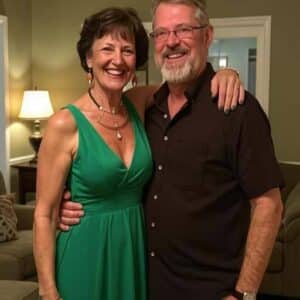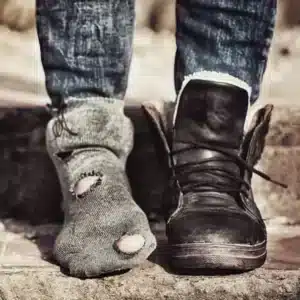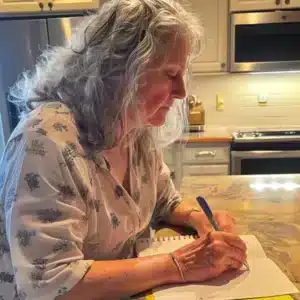When Light Stayed
The little girl lay there, silent, in a small white coffin—face peaceful, as if sleeping. The room filled with neighbors and teachers who had come for the child. Few noticed the mother beside the coffin, hand resting on the lid, hair undone, eyes swollen from nights without rest. She stared into nothing. Hollow.
Then he arrived.
Arjun walked in—and he wasn’t alone. The click of stilettos followed. A younger woman, elegant in a black sari, held his hand like it belonged to her. The room froze.
The mother—Ananya—stood. Everyone braced for a scene. No slap. No scream. Only a long, steady breath.
She looked at them—not with hatred, not even anger. Just calm.
“Congratulations,” she said, voice soft. “You finally brought what was hidden into the light.”
The woman’s smile faltered. Arjun’s steps stalled.
His parents stepped forward, faces creased with grief. “Leave,” his mother whispered. His father turned away. No one followed them out.
Ananya bent and kissed her daughter’s forehead. “Rest now, my love. Mama will be okay.” She rose, walked into the sun, and did not look back.
The years behind her had been small rooms and smaller voices—ten years of careful steps, thin laughter, the quiet ache of being unseen. That day, something unclenched. The chain slipped. A vow took root: I will not let sorrow make me cruel, nor fear make me small.
She moved to Mumbai, found a single room near a girls’ school, and took a job at a bakery. Dawn after dawn, she learned the language of flour and patience. She bought a secondhand cart. Morning by morning, warm buns and masala rolls drew a line of students and parents. She saved, registered the business, hired help, and opened a tiny shop: Mishti’s Oven—named for the child who loved peeking into bookstores and counting flowers at the temple gate.
People began calling her Madamji. She woke at four, kneaded dough by hand, took accounting lessons at night. Work was hard, but the hours were honest. Sometimes, between batches, she would pause and whisper a prayer for the girl who had taught her to be brave.
Word drifted back about Arjun in the old colony. Debts. Doors closed. A life thinning out. Ananya did not gloat. She kept her eyes on her ledger and her heart on what was in front of her. As the elders say: tie your camel, then trust God—do the next right thing, and leave what is beyond you to the One who sees.
On the shop wall hung a small photograph—her daughter in a yellow dress, mid-giggle. Beneath it, a note in Ananya’s careful hand: “For you, my light. Every loaf a prayer.” Some afternoons, she sent extra bread to the school for girls who came without breakfast. It felt like setting lamps along a dark road.
One evening, as she counted the day’s earnings, she realized her smile was not an apology to anyone. It was simply hers. The grief had not vanished; grief rarely does. But it had learned its place beside a new courage. She had forgiven enough to be free, and drawn boundaries strong enough to be safe.
People who expected her ruin watched her rise—quietly, without spectacle. She did not measure her healing by someone else’s downfall. She measured it by mornings that began in peace, and by the kindness she could afford to give.
The child she could no longer hold had become a compass—pointing her toward open doors, clean choices, and a steadier faith. The heart has its cracks; that is where the light enters. And sometimes the bravest thing a mother can do is choose a gentle strength: a soft heart, a firm spine, and a life rebuilt in the open, loaf by loaf, dawn by dawn.





